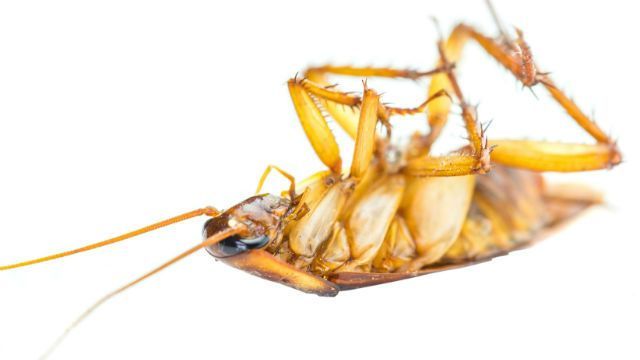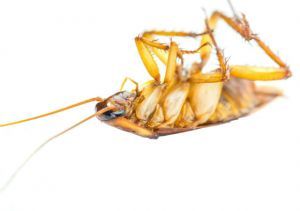
While the sight of spiders and other insects in the home might make your skin crawl, many of the chemicals that are used to eliminate them are far riskier than the bugs themselves. Pest control companies generally rely upon chemical pesticides that are effective in getting rid of these critters, but they may cause harm to humans as well as their pets.
An investigation by WISHTV.com revealed that in the state of Indiana, the illegal use of a popular pest control chemical known as Fipronil has led to widespread contamination in a number of establishments where people gather, including restaurants, nursing homes and churches.
This problem is not limited to just one state; in Georgia, a federal grand jury has alleged that a pest control company wrongly used the pesticide in multiple nursing homes across the state. The population of a healthcare facility is at an increased risk from exposure to pesticides due to weakened immune systems and other health issues. Unfortunately, hospitals often contract for pest control services from vendors without independently evaluating their practices.
Federal law explicitly prohibits Fipronil from being applied indoors, but there are reportedly a large number of pest control companies using it regardless of the law in order to eradicate persistent pests, such as ants that keep returning after normal outdoor applications.
The product is said to work so well that it must be diluted with water when sprayed. There are numerous restrictions for its use that are backed by federal law, all clearly listed on the label. Exterminator Dan Miles told WISHTV that there are “concerns with exposure,” especially if children or pets come in contact with it. If it is absorbed into the skin it can become a “big issue,” he says, which is why it is only approved for outdoor use in places that are far away from humans and animals.
During the investigation that took place across Indiana, swabs were taken inside restaurant kitchens, retirement homes, churches, hotels, health clinics and grocery stores. So far, nearly every test has come back positive for this dangerous chemical. The business owners and facility administrators were said to be shocked, with some telling reporters they had no idea the chemical was being applied illegally and were “under the assumption that the exterminators knew what they were doing.”
What consumers can do
The Centers for Disease Control and Prevention report that there has been a dramatic increase in the number of inquiries they’ve received in regard to pesticides that were banned for indoor use being sprayed inside to treat bed bugs, with some resulting in either mild or serious effects, including one death.
The agency advises that consumers consider non-chemical methods first and use pesticides only as absolutely necessary. If you do resort to hiring a pest control company, make sure they are currently licensed and certified to apply pesticides. Ask for the brand name of the pesticide as well as the name of the product’s active ingredient in case any issues arise, and read the label of the product the applicator is planning to use to make sure it is appropriate for indoor use.
Preventing pests
Preventing pests from entering in the first place is your best bet. Keeping a clean house by immediately wiping up any spills, taking out garbage daily and washing dishes as they’re dirtied can help make your home less enticing to all types of critters.
Sweep and vacuum your floors regularly and keep your kitchen and bathroom areas as dry as possible. Be sure all cracks and crevices in the home, such as baseboards, cupboards and sinks, are sealed with silicone caulk to prevent entry.
 Chemical-free pest control strategies
Chemical-free pest control strategies
If, despite your best efforts to deny pests access to food and shelter, they still remain, consider trying a chemical-free strategy. Vacuum for individual bugs as they’ll typically suffocate in the bag; lay traps such as pheromone, jar or light traps, or use a swatter.
Using hazardous chemicals to avoid an encounter with bugs is not worth putting yourself or your family at risk.
-The Alternative Daily
Sources:
http://www.wishtv.com/news/local/dangerous-pesticides-found-inside-indiana-buildings
http://enewspf.com/latest-news/science/science-a-environmental/46229-toxic-pesticide-used-illegally-in-georgia-nursing-homes.html
http://www.bt.cdc.gov/HAN/han00336.asp

